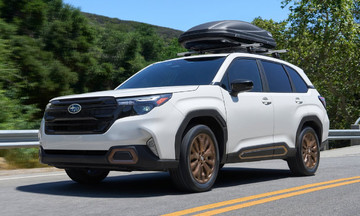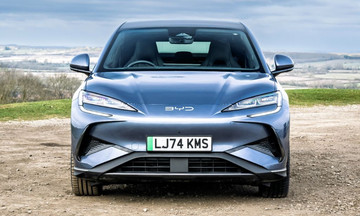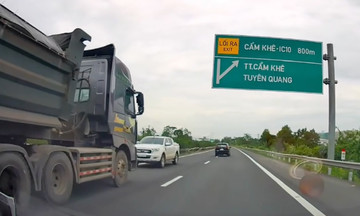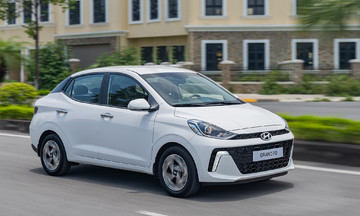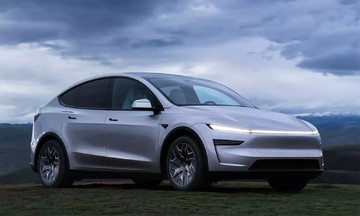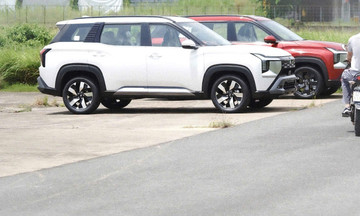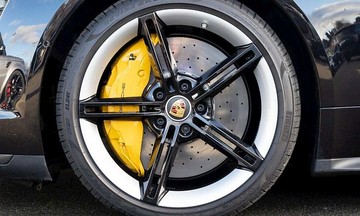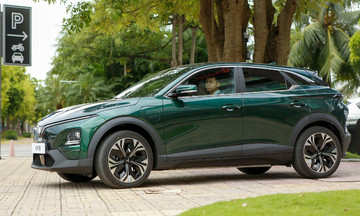Following the Prime Minister's roadmap, Hanoi will implement solutions for organizations and individuals to transition their vehicles. By July 2026, no motorcycles or scooters using fossil fuels (gasoline, diesel) will be allowed within the inner city ring road, encompassing central districts like Hoan Kiem, Ba Dinh, Dong Da, and Hai Ba Trung.
The Ho Chi Minh City Institute for Development Studies (HIDS) has finalized a draft plan to convert all 400,000 gasoline-powered vehicles to electric within three years. From early 2026, new ride-hailing drivers registering with apps will be required to use electric vehicles. By the end of 2026, the city aims to transition 30% of vehicles. In 2027, this will increase to 80%, with the remainder completed by 2028. Starting in 2029, gasoline-powered motorcycles will be completely banned for delivery and ride-hailing services.
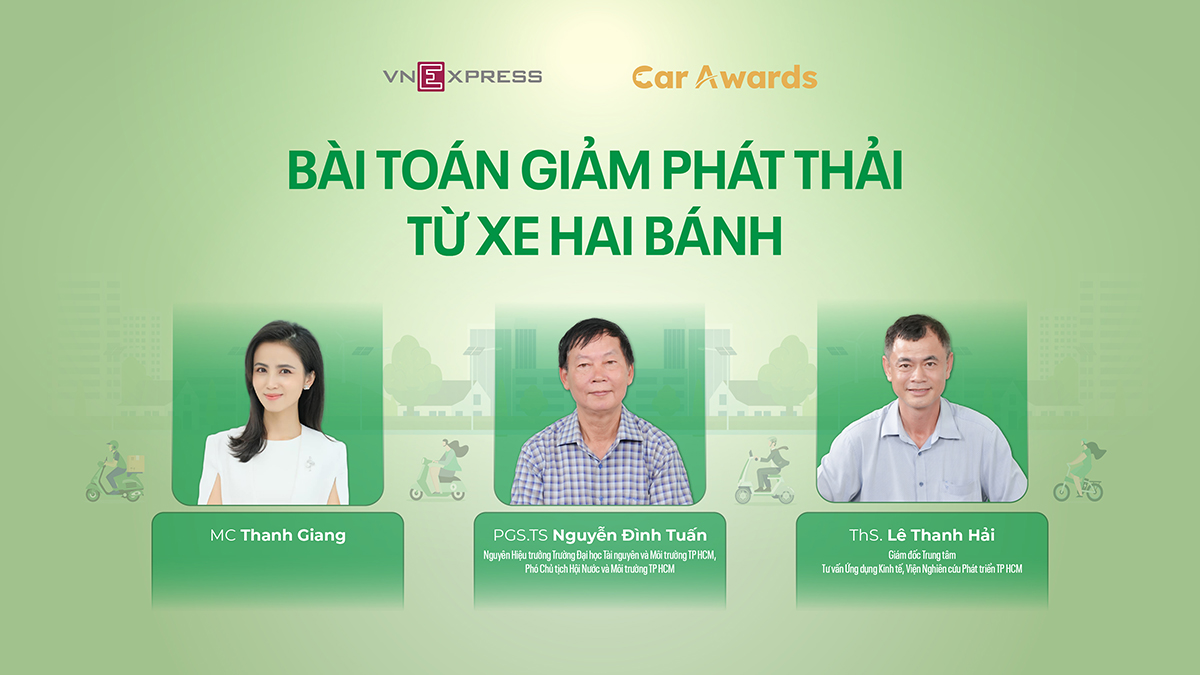 |
The Car Talks seminar "The challenge of reducing emissions from two-wheeled vehicles" premieres at 3 p.m. on 24/7. |
Nationwide, numerous agencies and local authorities have researched and proposed solutions to control motorcycle emissions. These policies have garnered significant public interest, as motorcycles remain the primary mode of transportation.
VnExpress is hosting the seminar "The challenge of reducing emissions from two-wheeled vehicles" with two experts:
- Associate Professor Dr. Nguyen Dinh Tuan - former Rector of Ho Chi Minh City University of Natural Resources and Environment, Vice President of the Ho Chi Minh City Water and Environment Association.
- Master Le Thanh Hai - Director of the Center for Economic Application Consultancy, Ho Chi Minh City Institute for Development Studies.
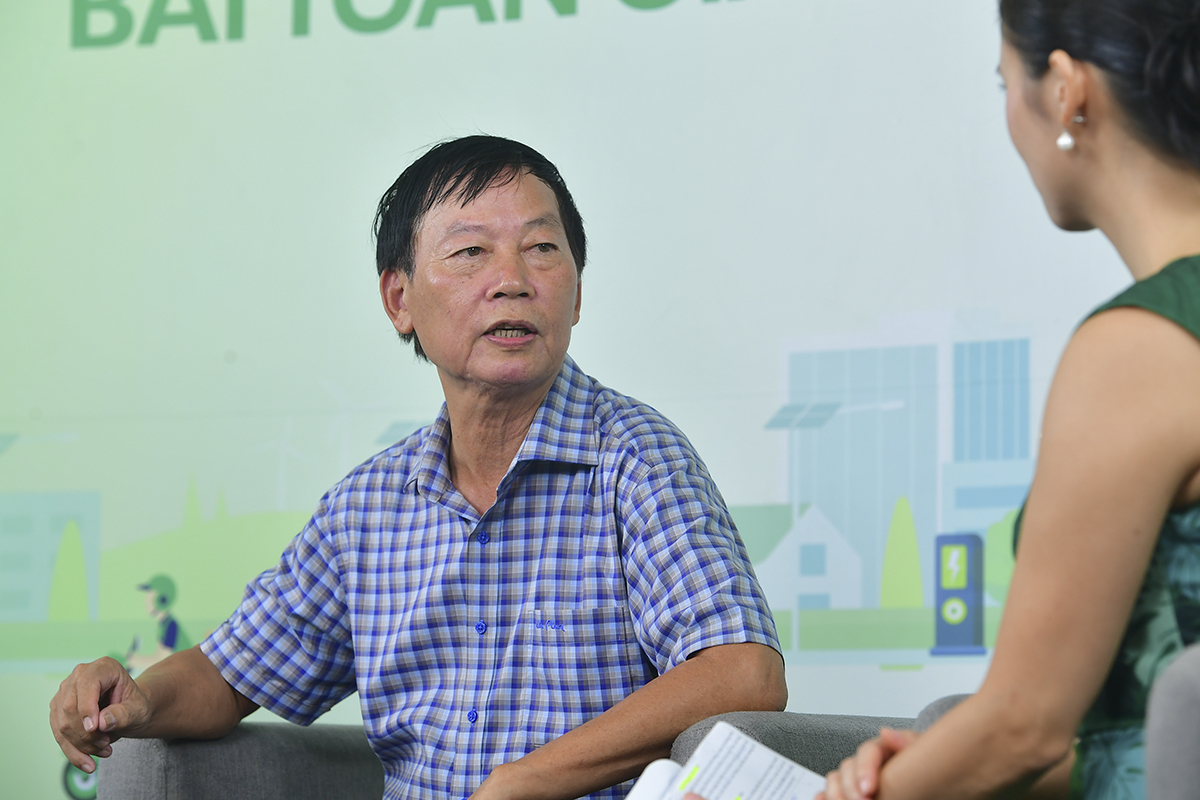 |
Associate Professor Dr. Nguyen Dinh Tuan - former Rector of Ho Chi Minh City University of Natural Resources and Environment, Vice President of the Ho Chi Minh City Water and Environment Association at the seminar. Photo: Thanh Tung |
Associate Professor Dr. Nguyen Dinh Tuan - former Rector of Ho Chi Minh City University of Natural Resources and Environment, Vice President of the Ho Chi Minh City Water and Environment Association at the seminar. Photo: Thanh Tung
At the seminar, the two experts will address the current state of air pollution, particularly emissions from old and dilapidated motorcycles and scooters. Associate Professor Dr. Nguyen Dinh Tuan and Master Le Thanh Hai will suggest solutions to control two-wheeled vehicle emissions, contributing to Vietnam's environmentally friendly transportation goals.
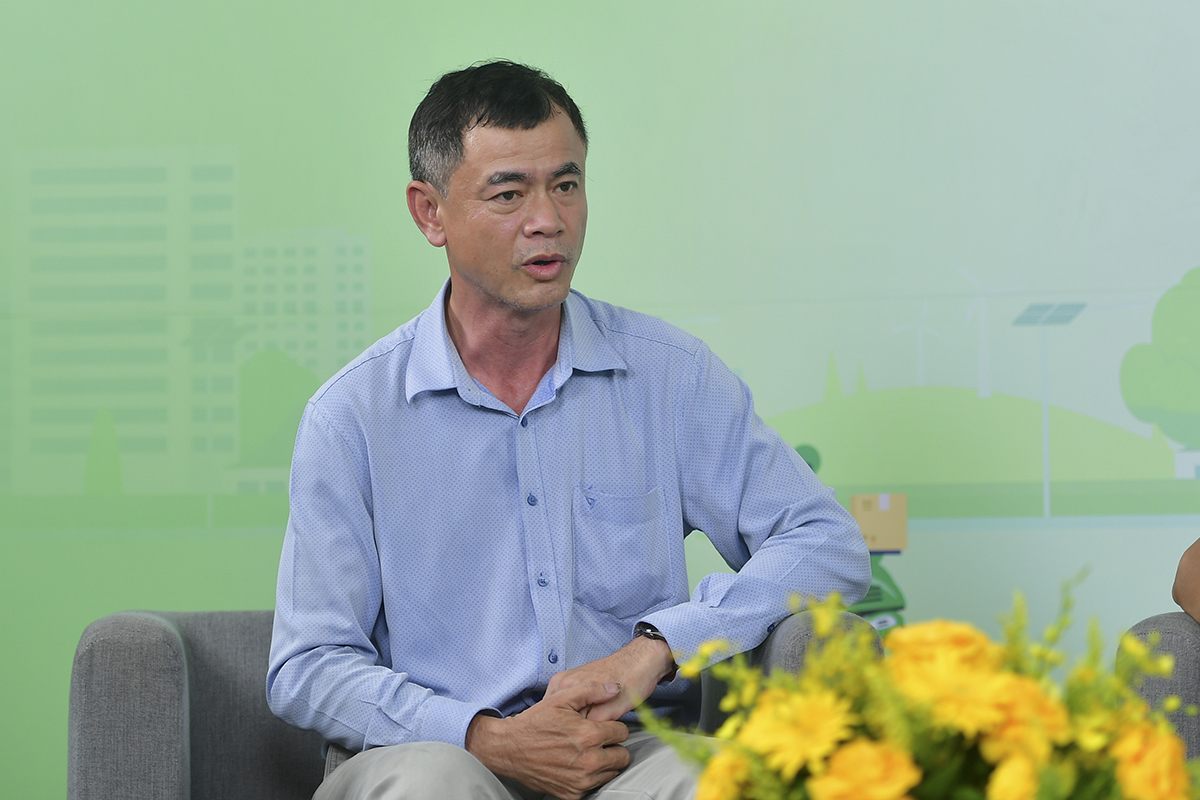 |
Master Le Thanh Hai – Director of the Center for Economic Application Consultancy, Ho Chi Minh City Institute for Development Studies at the Car Talks seminar. Photo: Thanh Tung |
Master Le Thanh Hai – Director of the Center for Economic Application Consultancy, Ho Chi Minh City Institute for Development Studies at the Car Talks seminar. Photo: Thanh Tung
As of June 2025, Ho Chi Minh City manages over 9.6 million vehicles (the highest nationwide), including over one million cars and nearly 8.6 million motorcycles, not counting a large number of transient vehicles. Compared to the same period last year, the number of vehicles increased by 3%, with cars increasing by 9%, putting significant pressure on urban infrastructure and the environment.
Hanoi currently has over 9.2 million vehicles, of which 8 million are managed by the city, including 1.1 million cars and 6.9 million motorcycles. Approximately 1.2 million vehicles from other provinces regularly circulate in the city.
Quang Anh



